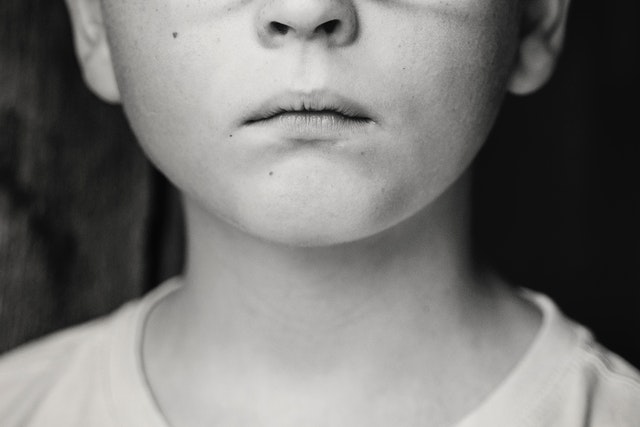-
Advocacy Theme
-
Tags
- Abortion
- Adoption
- Caregiving
- CEDAW
- Disability
- Domestic Violence
- Domestic Workers
- Harassment
- Healthcare
- Housing
- International/Regional Work
- Maintenance
- Media
- Migrant Spouses
- Migrant Workers
- Muslim Law
- National budget
- Parental Leave
- Parenthood
- Polygamy
- Population
- Race and religion
- Sexual Violence
- Sexuality Education
- Single Parents
- Social Support
- Sterilisation
- Women's Charter
Why child sexual abuse can often be a sustained, hushed up ordeal over many years
March 25th, 2021 | Children and Young People, Gender-based Violence, Letters and op-eds, News
This op-ed was posted on CNA on March 25 2021.
It is not enough to increase jail time for those who sexually abuse children. Comprehensive understanding and education is needed to deal with this very complex issue, says AWARE’s Shailey Hingorani.
SINGAPORE: Recently, a man was sentenced to 33 years’ jail for raping or sexually abusing all three of his daughters over 14 years.
Beyond the shock at the ghastliness of his crimes, observers have been aghast at the prolonged nature of the sexual abuse. How was it possible for a man to carry on the abuse for more than a decade without being found out?
It is horrifying to think that child sexual abuse can be so protracted, but many other cases have demonstrated that it can be drawn out over many years.
Earlier this year, a bus driver was sentenced to nine years for molesting his stepdaughter over more than 20 years. In another case in November 2020, a freelance cameraman was convicted for sexually abusing his girlfriend’s two underage daughters over six years.
Disclosing or detecting abuse is a critical first step that allows intervention and provides victims with supportive and therapeutic resources. Those resources can mitigate negative long-term consequences after the fact.
But a complex interplay of familial, cultural and societal factors make it difficult for children to even disclose abuse, and for parents and caregivers to uncover such wrongdoing.
WHY DO CHILDREN FIND IT DIFFICULT TO DISCLOSE ABUSE?
Disclosure – when a survivor tells another person that he or she has been sexually abused – can be a confusing, difficult process for adults, and even more so for children.
A 2009 retrospective survey of 804 Canadian adults abused as children found that while one in five reported the abuse within a month, three in five delayed disclosure for five years or longer, and the remaining one-fifth had never disclosed the abuse.
In the absence of comprehensive sexuality education, a child may not recognise the abuse for what it is. Experts say children become confused if they experienced physical pleasure, arousal or even emotional intimacy during the abuse. This may deter them from speaking up.
In fact, such confusion is often deliberately sown by paedophiles, through a concerted process known as sexual grooming.
This process may include the paedophile establishing trust with the child and paying special attention with sweet words and gifts, before escalating his actions to exposing the child to pornography, his own genitals, and other forms of sexual abuse.
Celestine Tan, a teenage girl who was groomed online at 13, told CNA in an interview that the paedophile who targeted her had made her feel understood.




